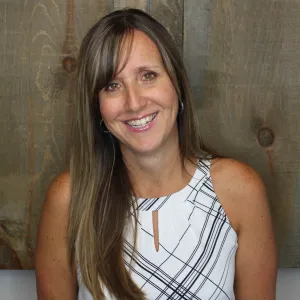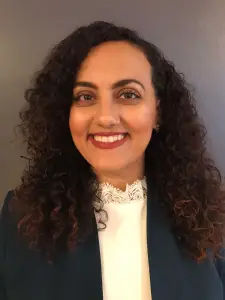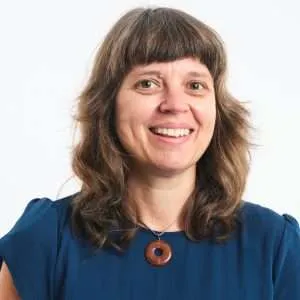Editorial Note:
This profile of Sara J Cumming, PhD is brought to you through a partnership between Applied Worldwide and the Association for Applied and Clinical Sociology (AACS). Thank you to AACS and all those who made valuable contributions to the Profiles in Applied & Clinical Sociology series.
This profile is presented with the intentions of: 1) providing students with examples of applied sociology, 2) providing market value to sociological skills and services, and 3) promoting the work of individual sociological practitioners and organizations. You can learn more about AACS at AACSnet.net.
Sara J Cumming, PhD
Sara J Cumming holds a PhD in sociology with a focus on social inequality, women, and public policy. As a researcher, she works with not-for-profit organizations trying to improve outcomes for marginalized groups. She is also the Executive Director of the not-for-profit Home Suite Hope. As Executive Director, Dr. Cumming works with homeless single mother-led families, offering wraparound services to families “that include housing, childcare, transportation, a college education, life skills, professional development and intensive case management.”
When we asked Dr. Cumming how she established herself as an applied and clinical sociologist, she said:
“Throughout all three of my university degrees, I undertook thesis work that explored social problems with an eye to offering tangible solutions or proactive interventions. This work led me to teaching full-time at Sheridan College—an academic institution in Ontario, Canada, that focuses specifically on applied and creative work. Simultaneously, I became involved with a group of academics who were starting the Applied Sociology Research Cluster for students who were looking for support developing careers outside of academe. While doing this work I started doing research within the region that my college is situated as an expert on marginalized populations. This work produced several outcomes that were implemented by the local government and not-for-profits in the area that improved both philanthropy and service delivery within the region.”
Sara J Cumming, PhD
Read the full interview with Sara J Cumming below to learn more about the important sociological work she is doing with marginalized populations in her region.
Using Sociology in Practice
To begin, can you briefly describe the work you do as an applied or clinical sociologist?
My interests as a clinical sociologist surround ameliorating hardships for marginalized populations. As a researcher, I work with communities to help them identify barriers to accessing services such as affordable housing, food security, social services and employment supports, and then provide tangible and implementable solutions. In addition, I run a not-for-profit that provides wraparound services to homeless or precariously housed single parent families. This requires me to develop programming, assess and implement policies, secure funding, oversee staff and to partake in continual program evaluation to ensure we are continually employing evidence based practices. I am also the Chair of Applied Sociology—a Research Cluster under the Canadian Sociological Association.
In general, how do you use sociology in practice?
The skills I learned from my sociology courses allow me to see the macro and micro simultaneously, thus I am able to implement programming that helps families in their everyday lives, while also working to make changes at the larger societal level (government policies, for example).
How do you use sociological research methods in practice?
As a researcher in the community, I employ both qualitative and quantitative approaches to assess successes and barriers in access to services and programming. As an Executive Director I use surveys to assess the experiences of my clientele, and program and policy evaluation are ongoing.
Lessons for Future Practitioners
What types of courses should undergraduate students take in preparation for a career in your type of practice?
I would highly encourage taking mixed methodology classes rather than narrowing in on one. In addition, take writing classes outside of academic writing—policy briefs, community communications.
What types of courses should graduate students take in preparation for a career in your type of practice?
There are two essential skills in the world of not-for-profit that are not generally focused in on during graduate school that students should seek—learning to write outside of academe and grant writing. These two skills are essential! Mixed methodological approaches are also very important.
What types of experiences should undergraduate students seek in preparation for a career in your type of practice?
Research Assistant positions; learn about research through professors by working on their projects. This will help you learn about design and implementation.
What types of experiences should graduate students seek in preparation for a career in your type of practice?
Apply for many grants so you learn the process. Work as a research assistant and help with all phases of research even if its far outside your interest area. Take some communications and writing classes as electives. Join the applied and clinical associations in your country—In Canada its the Applied Sociology Research Cluster and in the US its the Association of Applied and Clinical Sociology.
What texts or authors can people reference to learn more about the work you do as an applied or clinical sociologist?
Tina Uys and Jan Fritz.
If you are interested in future employment opportunities with Home Suite Hope, or not-for-profit organizations like it, Dr. Cumming stressed the importance of knowledge in program evaluation, implementation of evidence based outcomes, critical analysis, ability to write for the community.







